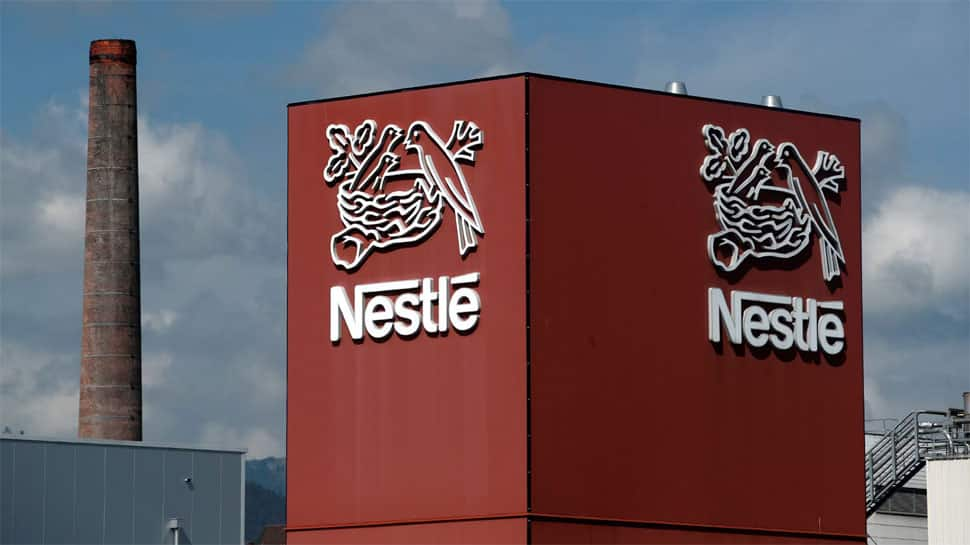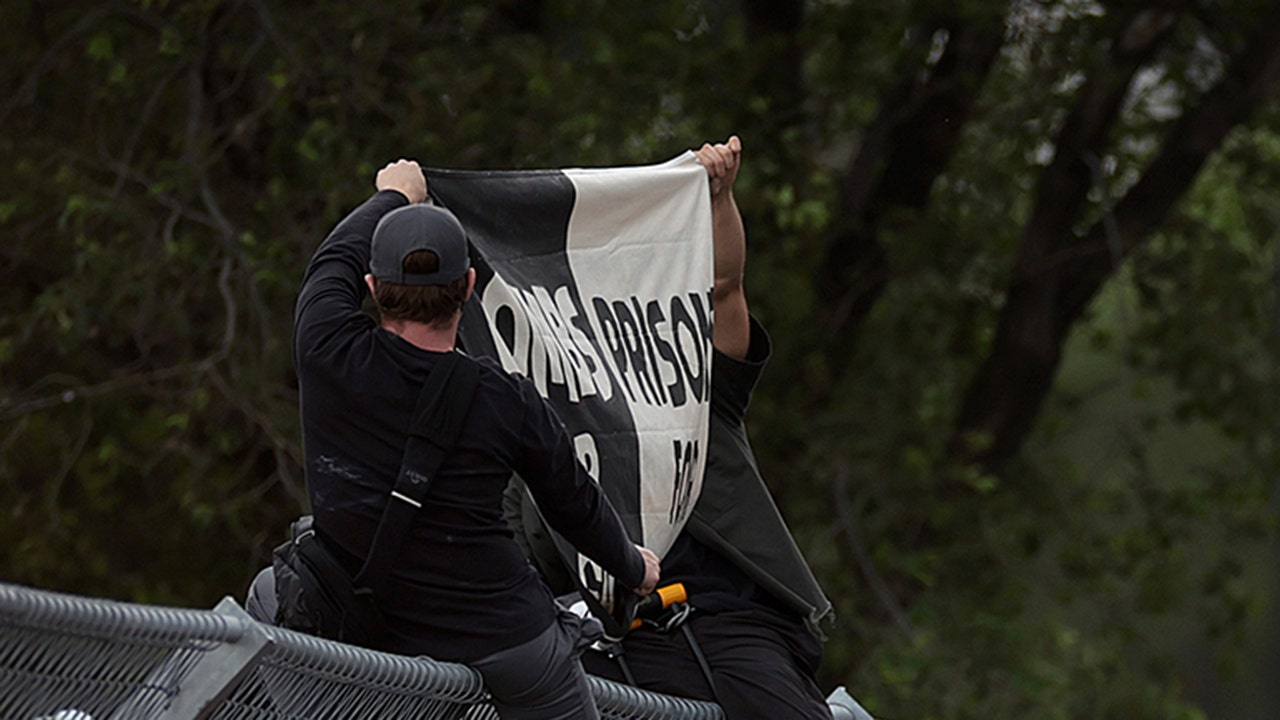But since unveiling those blueprints, Ford has become a focus of congressional investigators, who accuse CATL of doing business with mining firms in the Xinjiang region of China. Rampant forced labor in Xinjiang moved the United States to enact a law last year prohibiting import of any materials from there unless it can be proven they were not made with forced labor.
While CATL said it sold all its holdings in Xinjiang earlier this year, committee investigators allege the company still has business ties to mining there. Ford officials said they are not buying any materials from CATL, merely using its technology, and that they will be working with the Chinese firm to address human rights issues in its supply chain.
Ford spokesman T.R. Reid said in an email that the company is “pausing work and limiting spending on construction on the Marshall project until we’re confident that we’ll be able to competitively operate the plant.”
“There are a number of considerations,” the email said. “We haven’t made any final decision about the planned investment there.”
The chair of the Select Committee on the Chinese Communist Party, Rep. Mike Gallagher (R-Wis.), welcomed the news and said Ford should pull the plug on the Marshall plant altogether.
“After months of investigation by the Select Committee on the Chinese Communist Party, we’re encouraged to see Ford take a crucial first step to reevaluate its deal with the Chinese Communist Party-aligned EV battery firm, CATL,” Gallagher said in a statement. “CATL’s deep ties to CCP forced labor have no place in the American market and make the company exceptionally unfit to receive American taxpayer dollars.”
CATL did not immediately respond to a request for comment.
A Senate Finance Committee investigation into forced labor in the auto industry is also scrutinizing Ford and other automaker relationships with Chinese firms.
But some lawmakers criticized the committee investigation as misguided, warning they could derail a facility that would help the United States catch up to China in electric vehicle production and bring badly needed manufacturing jobs to Michigan. United Auto Workers members are picketing a Ford plant in Michigan that makes trucks and SUVs. President Biden joined the picket line Tuesday.
Shawn Fain, the president of the UAW union, accused Ford of using the plant as leverage as it tries to push autoworkers striking against the Big Three major American car manufacturers to abandon demands at the bargaining table.
“This is a shameful, barely-veiled threat by Ford to cut jobs,” Fain said in a statement. “Closing 65 plants over the last 20 years wasn’t enough for the Big Three, now they want to threaten us with closing plants that aren’t even open yet. We are simply asking for a just transition to electric vehicles and Ford is instead doubling down on their race to the bottom.”
Ford had previously said the arrangement with CATL was a linchpin of its plans to vastly expand EV production worldwide. But its relationship with the Chinese firm has become a target as the Biden administration mulls which vehicles will be eligible for $7,500 in tax credits provided by the recently enacted Inflation Reduction Act.
The law is designed to promote production of EVs in the United States, and there is heated debate over what vehicles made with Chinese parts or technology should be eligible for subsidies.















































